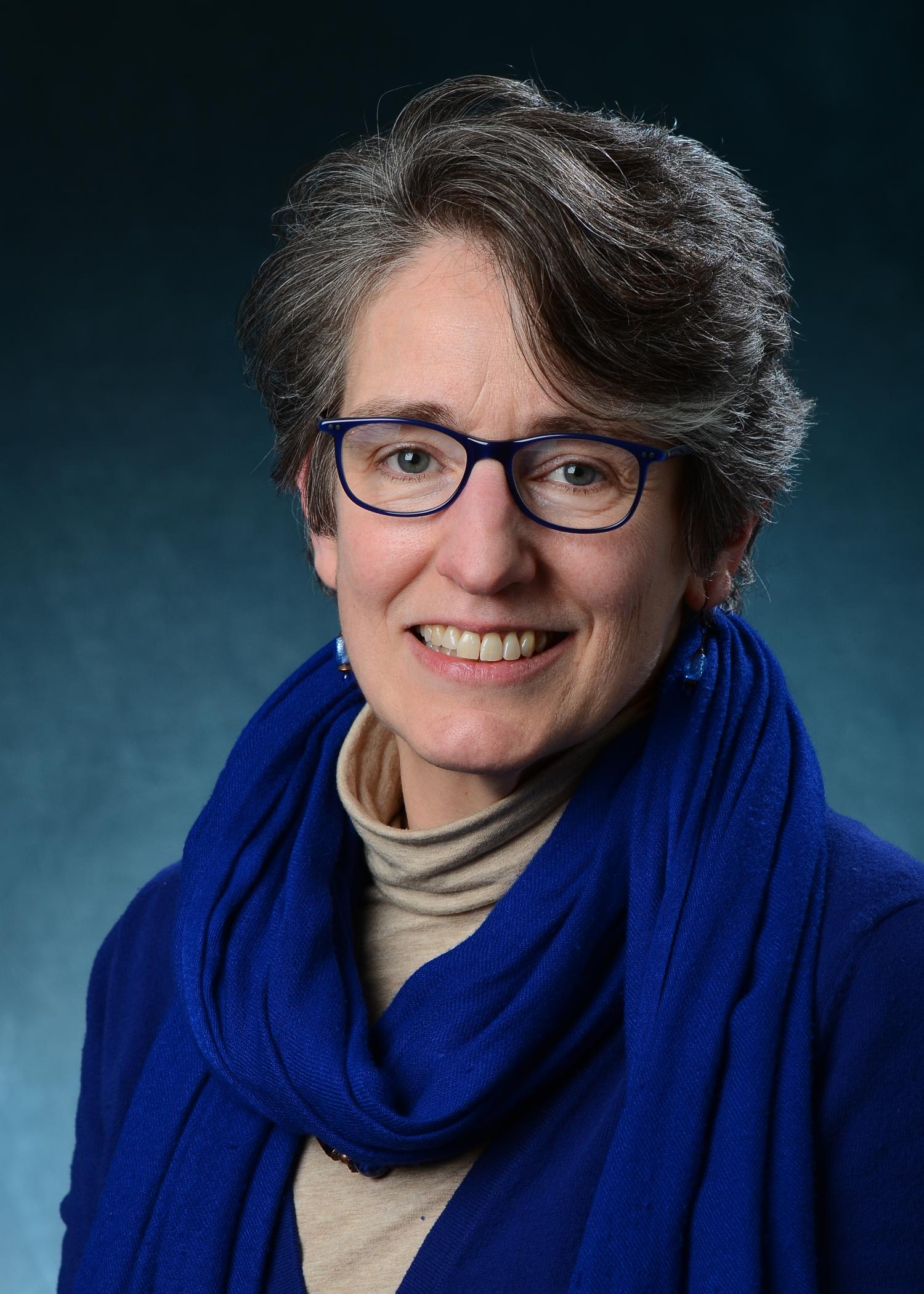Leland Giovannelli
- Teaching Professor Emeritus

Office: LESS 202
Dr. Leland Giovannelli has an extremely varied background. At St. John’s College, she studied the classical Liberal Arts: Great Books from philosophy, literature, science, and mathematics. At the University of Chicago, she earned a MA in Humanities (Renaissance studies) and a PhD in History of Science. Her doctoral fields included ancient biological science and medicine (highly qualitative, including philosophy, theology, and literature) and pre-18th century astronomy (highly quantitative and analytical, including mathematics and philosophy). Both fields include philosophical questions about the human condition, even as they address the natural philosophy’s investigation of actual phenomena. Dr. Giovannelli has a solid training in making interdisciplinary exploration rigorous and far-reaching.
Dr. Giovannelli started teaching in the Herbst Program in 1989, in its first year of operation. From its earliest days and first seminars, she has embraced the comparative interdisciplinary approach that has characterized the Program: she uses a philosophical essay to illuminate a chapter in a novel, or a painting to illustrate a philosophical concept. Over the decades, she has drawn on her varied background to create new courses at the intersection of STEM and the Humanities, such as History of Modern Science: Newton to Einstein and Engineering in History: The Social Impact of Technology. These courses include original sources in science and philosophy; most of them include original sources in literature and art, as well. In all of her courses, Dr. Giovannelli challenges students to engage not only with the texts, concepts, and each other, but also with themselves. She helps them negotiate the open-ended questions posed by the course materials and also simply by living in a complex world. With her Herbst colleagues, she believes that class discussion gives students the opportunity to explore and refine their own moral stance, and she uses it to help them to acknowledge and accept the added responsibility that accompanies their futures as professional engineers.
Dr. Giovannelli’s newest courses are Women and Engineering, a course blending women’s history with guest lectures, and A Global State of Mind, on the importance of global awareness to engineering practice. (She presented a paper on the latter course at the 2017 annual conference for the American Society of Engineering Education.) In fall 2018, she will pilot a First-Year Seminar in engineering ethics.
Dr. Giovannelli was one of CU Boulder’s first cohort of Teaching Professors, in recognition of her years of excellent teaching and service in the College of Engineering and Applied Science.

